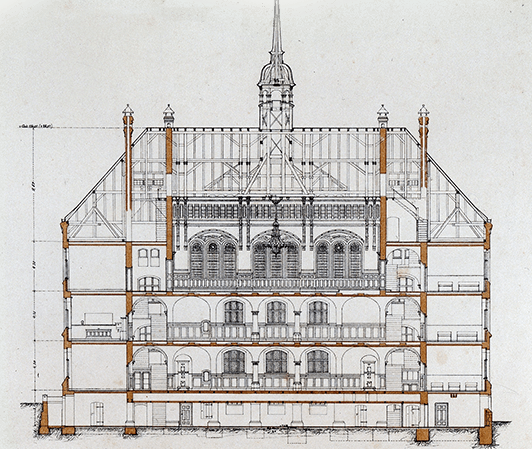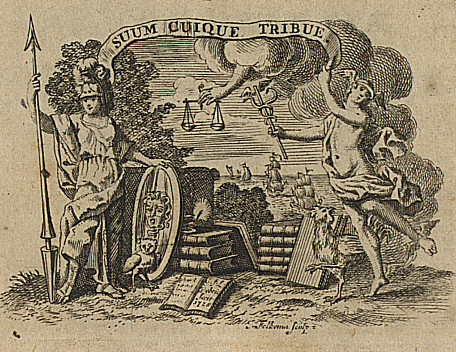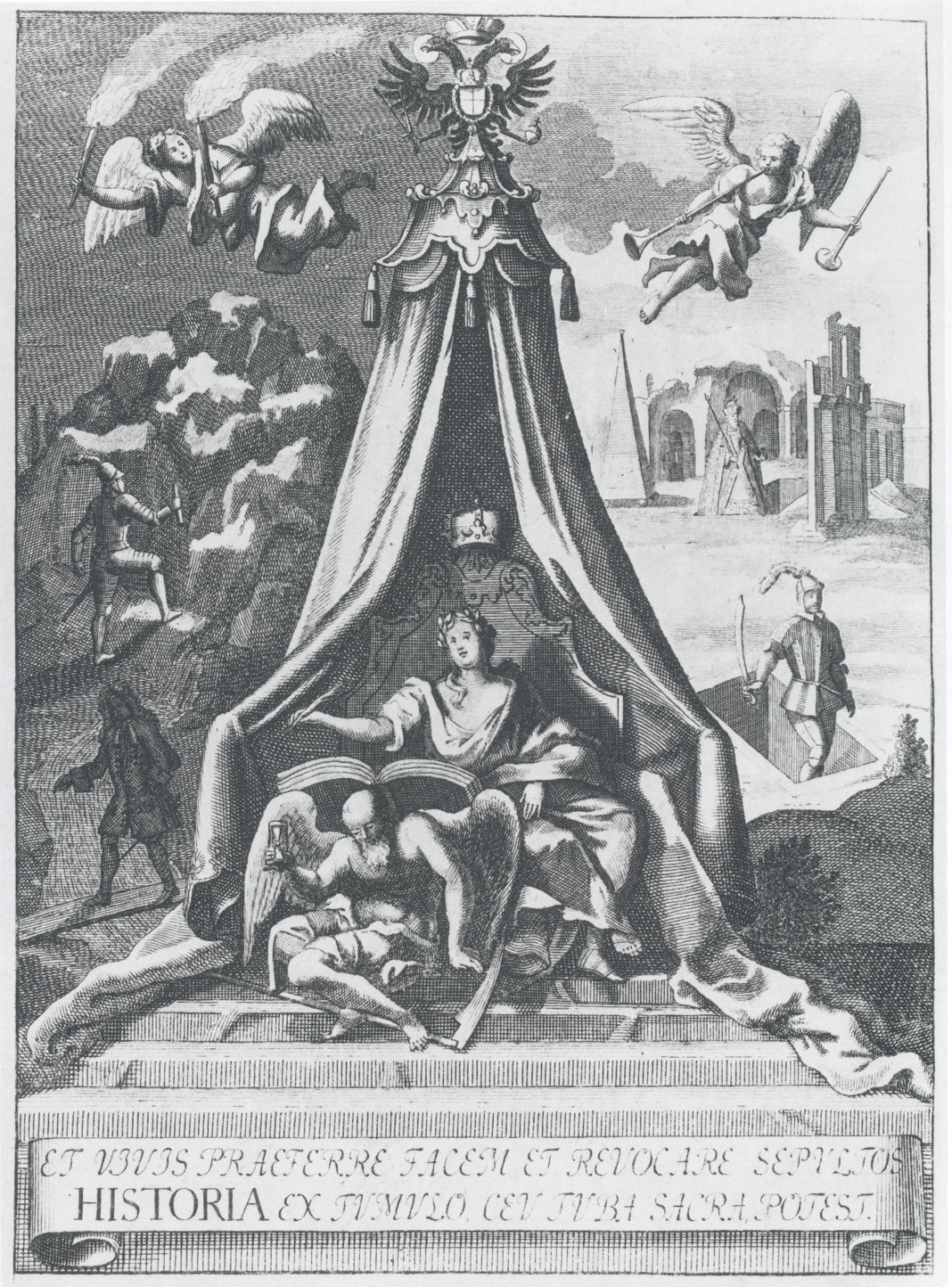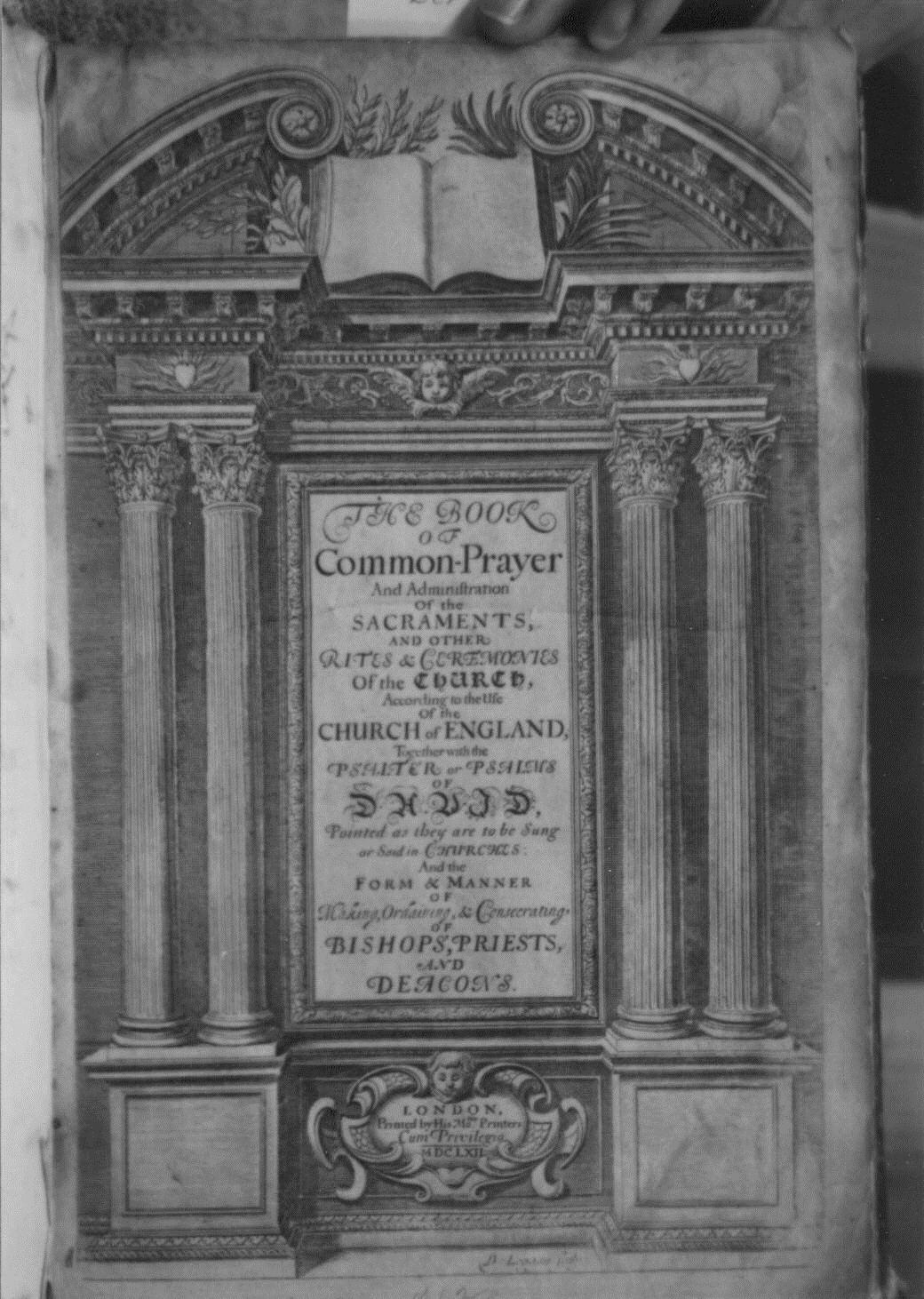1. Cultural Patterns of the Enlightenment
Enlightenment studies in the last decades have taken an either very critical or very favourable stance towards their object of study. The project “cultural patterns of the Enlightenment” seeks to overcome these biases and to ask anew the question of the legacy of the Enlightenment and of its significance for the present. It does not situate the debate in favour or against the principles of the Enlightenment, but rather seeks to reconstruct its long-terms ideals and its practical impact.
The heuristic concept of “cultural patterns” will allow us to grasp this impact both in conceptual and practical terms. This approach takes into account the interconnecting structures that lie at the intersection of the social and symbolic orders in very varied spheres of activity. The interpretive frameworks through which the world was accessed, structured, and interpreted, as well as the social and individual praxis that they generated will be our main field of investigation.
We will explore the formation, stabilisation, and transformation of cultural patterns in various areas. Their common facilitator was the breakup of the traditional orders of knowledge, action, and belief in the Enlightenment and the resulting open circumstances. The 18th century brought about a tension between a broader scope for freedom and the simultaneous existing need for guidance, which made it a very influential era for the shaping of cultural patterns. Thus the broad concept of “Enlightenment” encompasses trends that were a direct reaction to this tension. Speaking from a Pan-European point of view, those involve revolution and romanticism, that is, in the vocabulary of the traditional German literary and intellectual history: classicism, romanticism, and idealism.
To undertake an analysis of the cultural patterns of the Enlightenment means to uncover the cultural foundations of our present. This will be achieved with projects having various scopes and varyingly far-reaching claims to validity. The concept of cultural patterns has for objective a heuristic approach for cultural studies which is interdisciplinary and integrating. Methodologically speaking, it seeks to combine literary/interpretive research approaches with the methods of cultural and communication studies, action-theory and social history. Thus, it also offers research alternatives – which are transferrable to other fields of study – to the much-debated issue of the correlation between the texts and the social – a problem which the humanities and social sciences have increasingly faced ever since they sought to be integrated in cultural studies.
Projects





